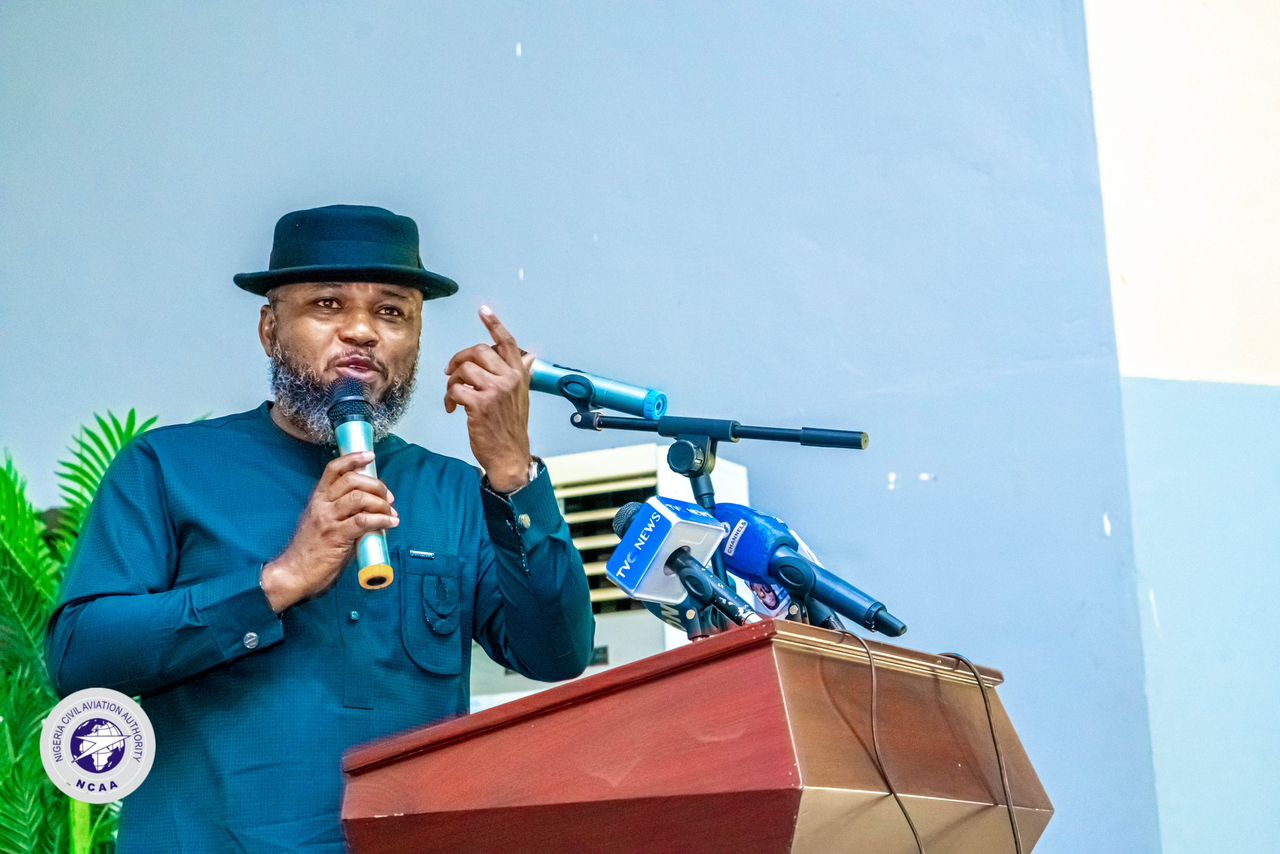Police mobilization is undermining the fight against witch persecution in the country. The police institution needs to take action. When alleged witches file complaints with the police in Nigeria, they are expected to mobilize the officers, that is pay the police to arrest and investigate suspects. Paying the police to investigate cases is illegal; it is against the law. However, in Nigeria, it is an everyday practice. The practice is hampering the fight against witch hunts and ritual attacks. Victims of witch hunts are often poor people in rural communities who cannot afford to mobilize the police. They are usually sick and aging persons, peasant farmers who barely scrape by. Assaulted and traumatized, only a few victims can afford to lodge a complaint with the police. Now police officers add salt to injury. They demand mobilization fees. The police ask victims to fuel their vehicles or provide them with some allowance for the job. And in cases where victims are unable to mobilize, the police abandon the case. Many victims resign to their fate because they cannot afford police mobilization costs.
The Advocacy for Alleged Witches has intervened in many cases across the country where the police refused or delayed investigating cases and complaints because petitioners did not mobilize them. For instance, someone drew the attention of the Advocacy for Alleged Witches to a witch-hunting incident in Ebonyi state. An advocate visited the community and sent a report. The incident happened on May 14, 2025. Someone accused the victim, Kingsley, of killing his two elder brothers for rituals. The deceased were 83 and 90 respectively. The accuser said that Kingsley was planning to kill him too.
According to Kingsley, there was a plan to sell some family land. But he opposed the plan. So, some relatives planned to kill him. On that fateful day, they had an altercation, and his accuser said that he was sleeping with his brother’s wife and also using his brothers for rituals. He went on to concoct stories to disgrace him. The accuser connived with 13 elders to execute this plan.
They gave him two options, death or being paraded naked in the community. To be killed, some of the relatives must endorse it. They waited but no relative came forward to support that he be killed. Therefore they decided to parade him naked smearing the body with feces, waste from the cassava processing mill, and cow dung. A video of Kingsley tied with a rope and paraded in public was circulated on social media.
In response to this incident, AfAW sponsored a medical checkup for the victim. AfAW also petitioned the police area command office in Afikpo, urging them to investigate the matter. Our advocate sent this report: The petition was filed on 30/5/25 and was followed up on 2/6/25. The duplicated copy was stamped by the Area Command in Afikpo and handed over to me. Mr Kingsley documented his statement and an investigative police officer was assigned to the case. The police requested funds to support their logistics for the arrest of the suspects. The police asked us to pay N200,000 and we started negotiating. I told them we could only support them with N50,000. They said we should add some money to the N50, 000 otherwise the police would not arrest the suspects or investigate the matter even though a petition had been filed.
It is public knowledge that the police are not well-funded. Many police stations look like abandoned apartments. The police lack equipment, and vehicles to carry out their duties. The vehicles that they have are few and not adequately maintained.
Police officers are poorly paid; many rely on extortion and mobilization to survive. This unfortunate state of the police is not a justification for extortion and corruption. It amounts to double victimization of accused persons.
The Advocacy for Alleged Witches appeals to the Inspector General of Police to address this concerning situation and halt the corrupt practice of police mobilization. Victims of witch hunts should not bear the cost of investigating their complaints. The police should be there to protect and defend alleged witches at no cost to them.
Leo Igwe directs the Advocacy for Alleged Witches




